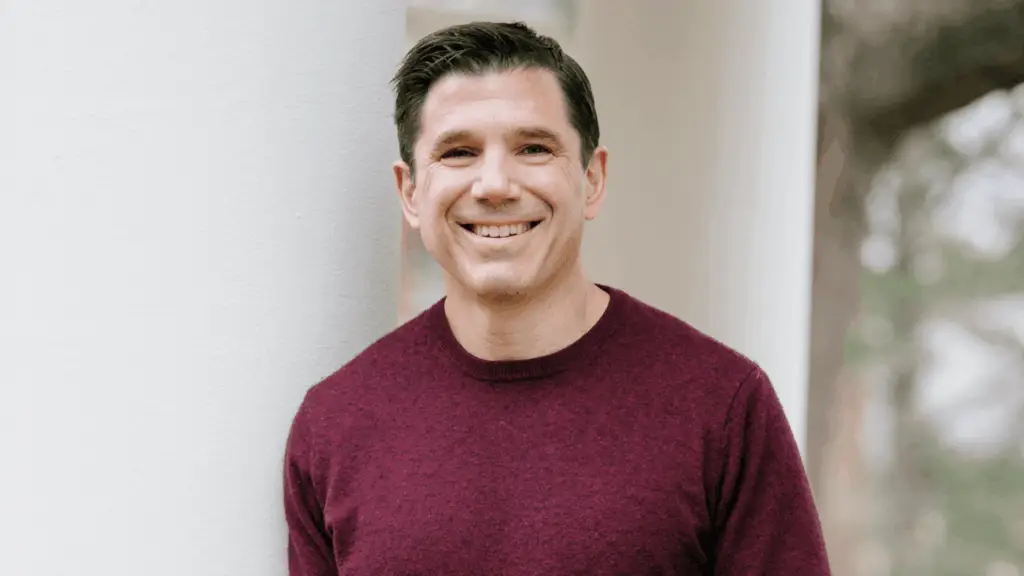Pancreatic cancer is challenging. It is often diagnosed at an advanced stage because it tends to show few early symptoms. It is also known for its aggressive growth and the ease with which it spreads to the other parts of the body. Pancreatic cancer has the lowest survival rate of all types of cancer. It is one of the deadliest forms of cancer which is why understanding the risk factors for this disease is crucial for early detection and prevention. In this blog, we will explore the significant risk factors you need to know.
- Age and Pancreatic Cancer
Pancreatic cancer can affect people of all ages, but it’s more common in those over 45. The average age at which pancreatic cancer is diagnosed is in people over the age of 60. As people age, their pancreas cells can undergo harmful changes, raising the risk of getting pancreatic cancer.
As we age, our cells undergo various changes. Over time, accumulated mutations can lead to the development of cancer. While pancreatic cancer can affect individuals of all ages, it becomes more prevalent with advancing years. This underscores the importance of routine screenings and vigilance, particularly for individuals in their senior years or who have other risk factors.
- Smoking and Pancreatic Cancer
Smoking is a major risk factor for pancreatic cancer that you can change. Research consistently finds that smokers are about twice as likely to get pancreatic cancer compared to non-smokers. The chemicals in cigarette smoke can harm the pancreas and raise the cancer risk. Quitting smoking is the best way to lower this risk.
The link between smoking and pancreatic cancer is well-established. Cigarette smoke contains numerous carcinogens and toxins that, when inhaled, can lead to genetic mutations and cellular damage within the pancreas. Over time, this damage can result in the development of cancerous cells. Therefore, quitting smoking is not only beneficial for reducing the risk of pancreatic cancer but also for overall health and well-being.
- Family History and Genetic Factors
A family history of pancreatic cancer can be a concerning risk factor. If you have a first-degree relative (parent, sibling, or child) who has been diagnosed with pancreatic cancer, your risk may be elevated. Furthermore, certain inherited genetic mutations, such as those in the BRCA1, BRCA2, and PALB2 genes, are associated with an increased risk of developing pancreatic cancer. Genetic counseling and testing can provide valuable insights for those with a family history of the disease.
Family history is a vital component of risk assessment. If you have a close relative who has been diagnosed with pancreatic cancer, your risk may be higher due to shared genetic and environmental factors. Genetic testing and counseling can help individuals with a family history understand their specific risk and make informed decisions regarding monitoring and prevention.
- Chronic Pancreatitis
Chronic pancreatitis is a long-term inflammation of the pancreas and is a risk factor for pancreatic cancer. This condition can be caused by various factors, including heavy alcohol consumption, gallstones, or genetic mutations. The chronic inflammation can lead to the development of cancer over time. Recognizing and managing chronic pancreatitis early can help mitigate this risk.
Chronic pancreatitis is a complex condition often caused by different factors. It can lead to ongoing inflammation and damage to the pancreas. Over time, this damage can increase the risk of cancer development. Managing the underlying causes and receiving appropriate medical care for chronic pancreatitis is crucial in reducing this risk.
- Diabetes and Obesity
Diabetes and obesity or being overweight are factors that increase the risk of pancreatic cancer. People with long-term uncontrolled diabetes, especially type 2, are at higher risk. Also, having a high body mass (BMI) increases the risk. Being overweight can come before type 2 diabetes and both can lead to insulin resistance. Eating well and staying active can lower these risks of pancreatic cancer.
- Dietary Factors
Dietary choices can significantly impact your risk of developing pancreatic cancer. Red and processed meats, often high in saturated fats and preservatives, can promote inflammation and cellular damage while increasing your intake of fruits and vegetables are rich in antioxidants and essential nutrients that support overall health and can be a positive step in lowering your risk. A well-balanced diet can promote overall health and reduce the risk of many types of cancer. Changing your diet can make a big difference in your health.
- Occupational Exposures
Some occupations and exposures at work can make pancreatic cancer more likely. For example, handling chemicals like pesticides, dyes, and petrochemicals can increase the risk. If your occupation involves these substances, following safety rules and wearing protective gear is vital to lower your risk.
Occupational exposures are a less well-known but important risk factor for pancreatic cancer. Some individuals, due to the nature of their work, are at a higher risk of exposure to carcinogens and toxic substances. It’s imperative for individuals in such professions to adhere to safety protocols and utilize protective equipment to reduce their risk.
- Race and Ethnicity
The differences in pancreatic cancer rates among various racial and ethnic groups show how complex this disease is. African Americans have a higher rate, while Asian and Hispanic populations have lower rates. While genes and the environment probably have a part in this, we don’t completely understand the reasons behind it yet. This reinforces the need to create awareness and do more research to better understand and address the variation in risk across racial and ethnic groups.

Knowing the risk factors for pancreatic cancer is important for staying healthy. You might not control all these factors, but making good choices like quitting smoking, eating well, and managing conditions like diabetes can lower your risk a lot. If you have a family history or are concerned about your risk, talk to a doctor or genetic counselor for personalized advice.
Tell your friends and family about pancreatic cancer risks. Help organizations that work on pancreatic cancer awareness and research. Find out about ways to detect and prevent it early, and don’t wait to talk to a doctor if you’re worried about your risk
Every donation has the power to save lives. When you support TrovaNow, your contribution fuels collaborative research aimed at early pancreatic cancer detection, potentially saving countless lives from this formidable adversary. Together, we can make a difference. Learn how you can get involved and donate today.





